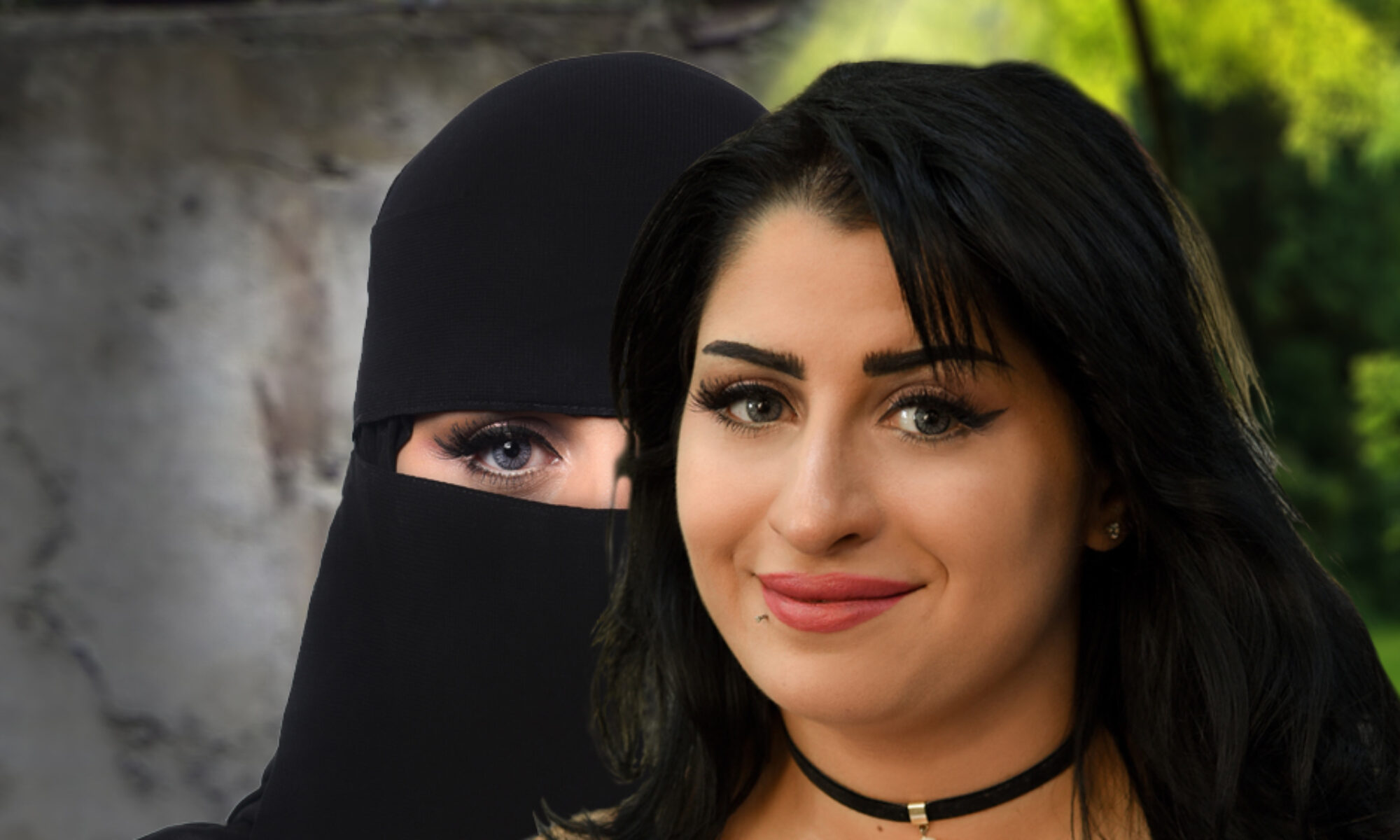Atheist Refugee Relief now offers a page where refugees and others can obtain resources that assist in the German learning process. The site is available in English and German (Persian & Arabic will follow). Resources will be updated and expanded over time. The site can be accessed at https://atheist-refugees.com/en/lernressourcen/ or via the drop-down menu in the “Information” tab.
Campaign “999 Sponsors” finished!
The “Säkulare Flüchtlingshilfe Deutschland e.V.” (Atheist Refugee Relief Germany) has completed the campaign “999 Sponsors”. Even if the target of 999 was not reached, we still are very happy with the result! Instead of two full positions, two mini-jobs can now be paid permanently.
We would like to thank everyone who supported us!
Continue reading “Campaign “999 Sponsors” finished!”Five years in prison for blasphemy
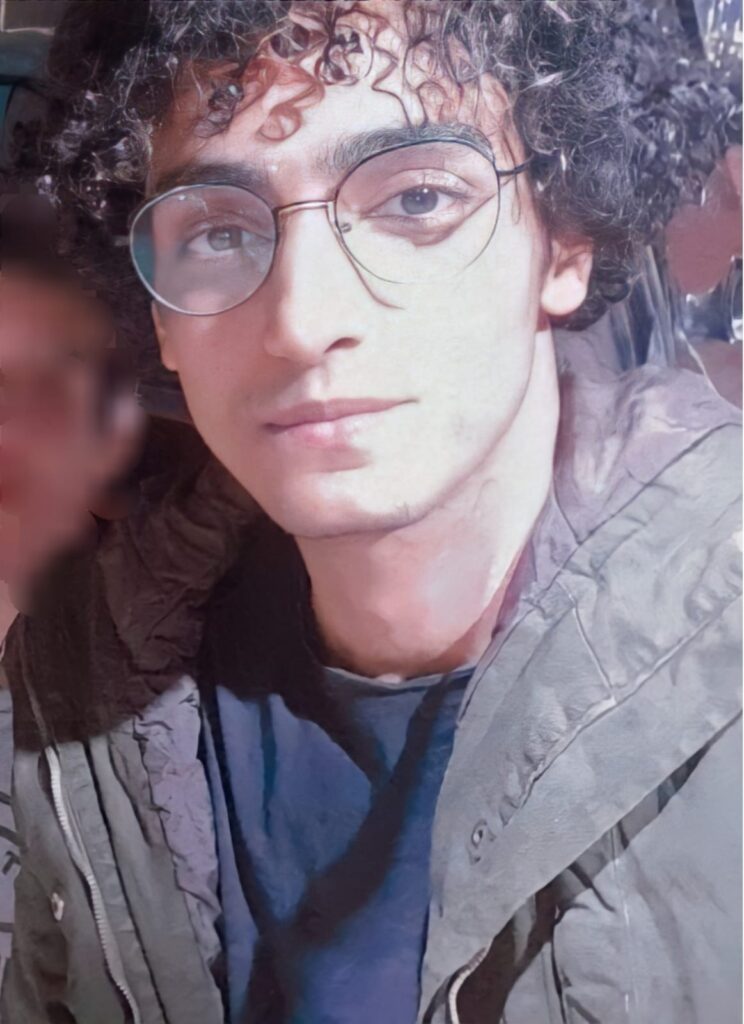
A post on Facebook became his undoing. Now the 22-year-old Egyptian Abd el Rahman is in the high-security prison in Gamasa. This is among the worst prisons in Egypt.
Abd el Rahman is in his early 20s and is studying computer science at an Egyptian university. In addition to his studies, he is an avid reader and enjoys learning about other countries and cultures. Like many young people, he is also active on Facebook and posts regularly. But on November 12, 2020, he makes a post which will change his life forever:
“He never expected his post to trend like this. Just after a day he found more than 20 people from his neighborhood trying to find and attack him” says Ibrahim, a friend of Abd el Rahman.
Continue reading “Five years in prison for blasphemy”Life-threatening: Atheism in Iran
Guest article by Reza Ebrahimi Mehr

I am 35 years old, lived in Babol, Iran and grew up in a medium religious family. As I grew older, many questions about religion came to my mind, especially about Islam, which was common in my family.
When I started my studies in Khajeh Nasirodin Toosi University (K. N. Toosi), I met many others like me who criticized Islam. As the internet and social media became more accessible, I was able to do more research on basic and critical issues about religion. That was the point when I understood that Islam is so co-constructed to control and dominate people and has no answer to basic questions. In my country, there are two types of atheists:
Continue reading “Life-threatening: Atheism in Iran”Maryam – Surviving in a misogynistic society
Interview by Karrar al Asfoor
“The hijab stands for empowerment and liberation – as a symbol of feminism.” With this slogan, the veil (hijab) is celebrated in the Western world as an expression of women’s rights and in campaigns, such as the so-called “World Hijab Day.”
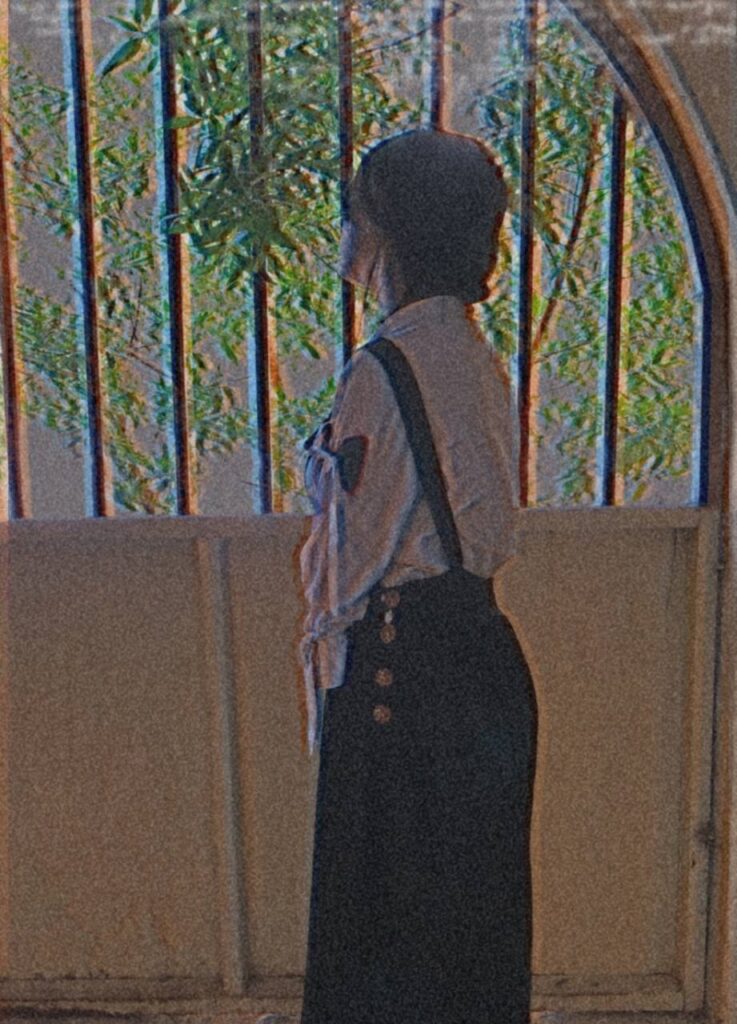
This statement, which I first heard when I came to Europe, is radically different from the propaganda promoted where I grew up – in Iraq. There, power is attributed only to men, while women must be obedient. Gender equality is seen as a sign of social corrosion. Thus, feminist movements are suspected of seeking to destroy society.
This contrast in perception made me curious. Why does the religious symbol of the hijab represent such contradictory values in two different societies?
For this reason, I decided to do an interview with Maryam, a feminist activist living in Iraq, to learn more about the women’s rights situation in a country where the wearing of the veil is very prevalent.
Continue reading “Maryam – Surviving in a misogynistic society”Dangerous sensitivities – Indonesia as a warning example for Europe
Guest post by Uka
Uka was born in Indonesia and currently lives in Germany. She defines herself as a secular liberal and actively promotes human rights and personal freedom.

A few months ago, France was confronted with the horrific barbaric murder of the teacher Samuel Paty. He was trying to stimulate a discussion among schoolchildren on the subject of freedom of expression on the basis of the well-known Muhammad cartoons. He paid for it with his life.
Continue reading “Dangerous sensitivities – Indonesia as a warning example for Europe”Deutsche Postcode enables Atheist Refugee Relief to open new office
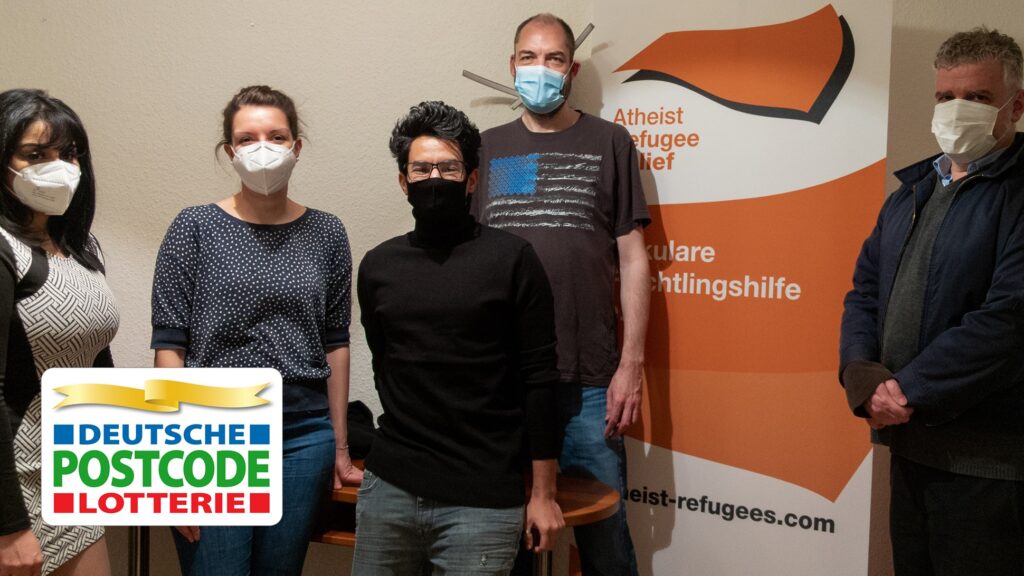
Atheist Refugee Relief moved into its first own office at Stadtwaldgürtel 89 in Cologne on January 1, 2021. This was made possible by funding from the Deutsche Postcode Lottery. The office serves as a contact point for refugees who are not religious. It offers the opportunity to discuss confidential matters in a safe environment. To ensure further processing, funds continued to be provided for computers and software, as well as other items such as furnishing the office.
Continue reading “Deutsche Postcode enables Atheist Refugee Relief to open new office”Asylum refused despite persecution in Iran
Guest article by Mostafa Mostafania
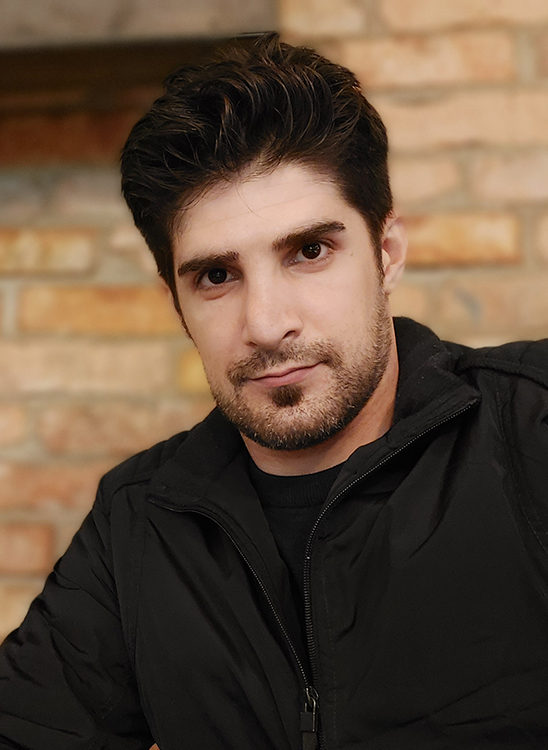
My name is Mostafa Mostafania. I lived in Rasht, Iran, and grew up in a non-religious family.
I had many questions about Islamic teachings and why they are so different from people’s daily lives. In addition, my studies in physics and mathematics had changed my view of the religion. Since I also studied Islamic philosophy and law about 10 years ago, my view of the religion changed and I left it.
While still in Iran, I learned about the concept of atheism and found it to be exactly in line with my own thoughts. After I left the university, I criticized religion more and more and propagated atheism. I collaborated with many self-confident people and used social media to share my thoughts with the others.
Continue reading “Asylum refused despite persecution in Iran”Atheist Refugee Relief featured in Stanford Social Innovation Review
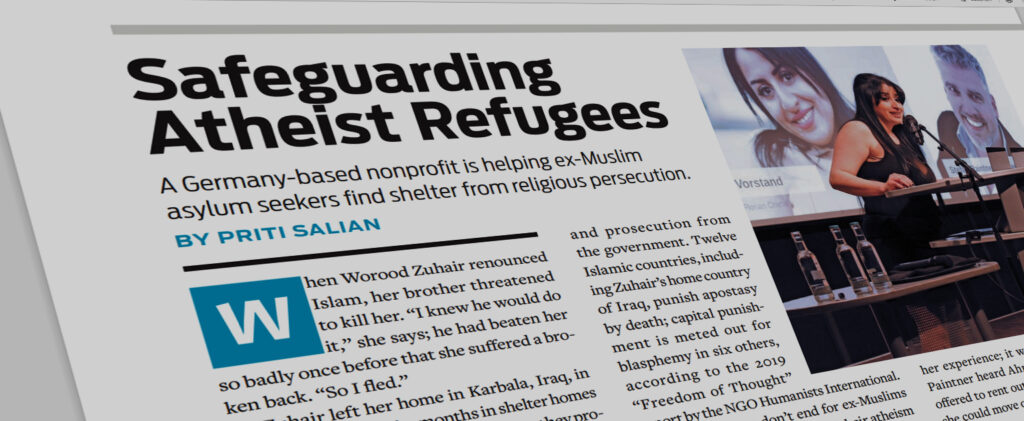
The Field Report of the Stanford Social Innovation Review reports about the work of the Säkulare Flüchtlingshilfe e.V. It describes the difficult situation of atheist refugees in Germany.
On top of the personal crises that come with what they have experienced and their new reality of life, there is the threatening situation in the initial reception centers. There, they continue to be exposed to the same Islamists from whom they seek protection here. Author Priti Salian illustrates the work of Säkulare Flüchtlingshilfe (Atheist Refugee Relief), an organization that assists people from this group, which is hardly perceived by the general public, in starting their new lives and ensures their safety.
Continue reading “Atheist Refugee Relief featured in Stanford Social Innovation Review”This is how things started moving
Adel is a refugee from Iraq. He writes about the beginning of the Atheist Refugee Relief Stuttgart and his new life in Germany.
Adel, why and how did you come to Germany?
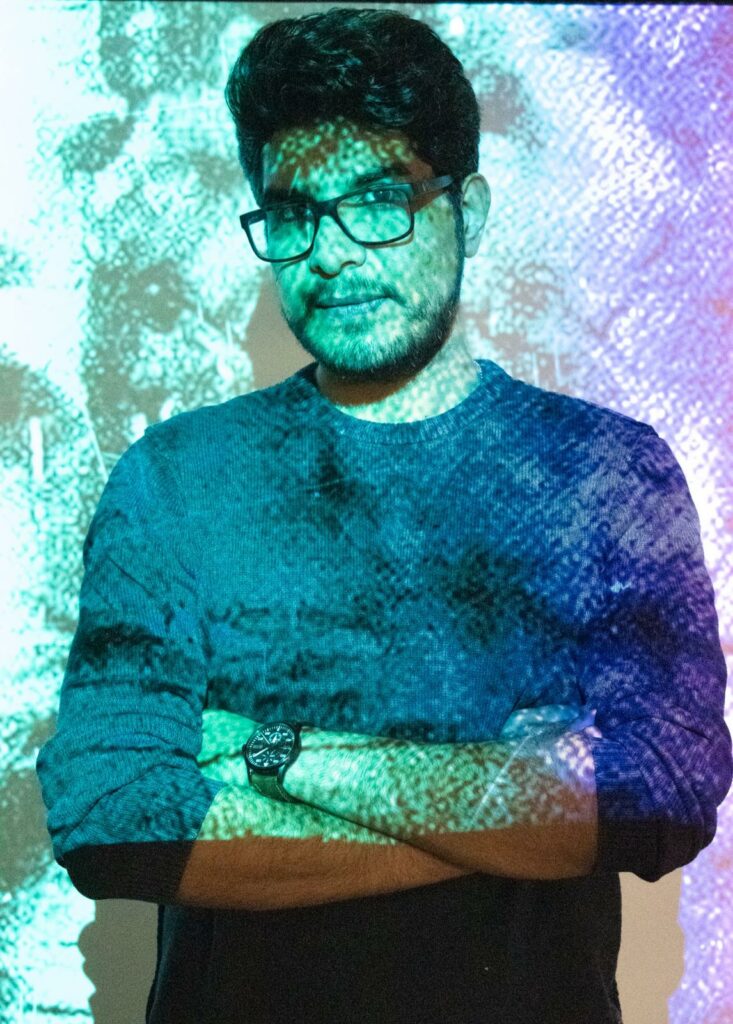
Even as a youth in Iraq I had my doubts about religion or let’s say I had questions, but in the Muslim world one must not question religion and certainly not criticize it. I found it strange that we should worship a God who always threatened us with hell. Everything revolved around Allah. He also dominated our private lives. By the time I started studying medicine, faith clashed with the theory of evolution. I had the opportunity to go on the Internet and then read about evolution and human rights. I had to hide my thoughts, because there were a few people with whom one exchanged ideas, but always under aliases. The vice squad was watching out, and I was aware that I was playing with fire.
Social control is already very strong in all Muslim countries. Again and again I toyed with the idea of fleeing to a country that respects human rights, because it was becoming increasingly difficult to suppress my secular thoughts. But you don’t leave your family and friends just like that. I knew I had to leave my old life, 26 years old, behind and start a completely new life. I did not know how it would be. I had never experienced living in a free country before.
Continue reading “This is how things started moving”